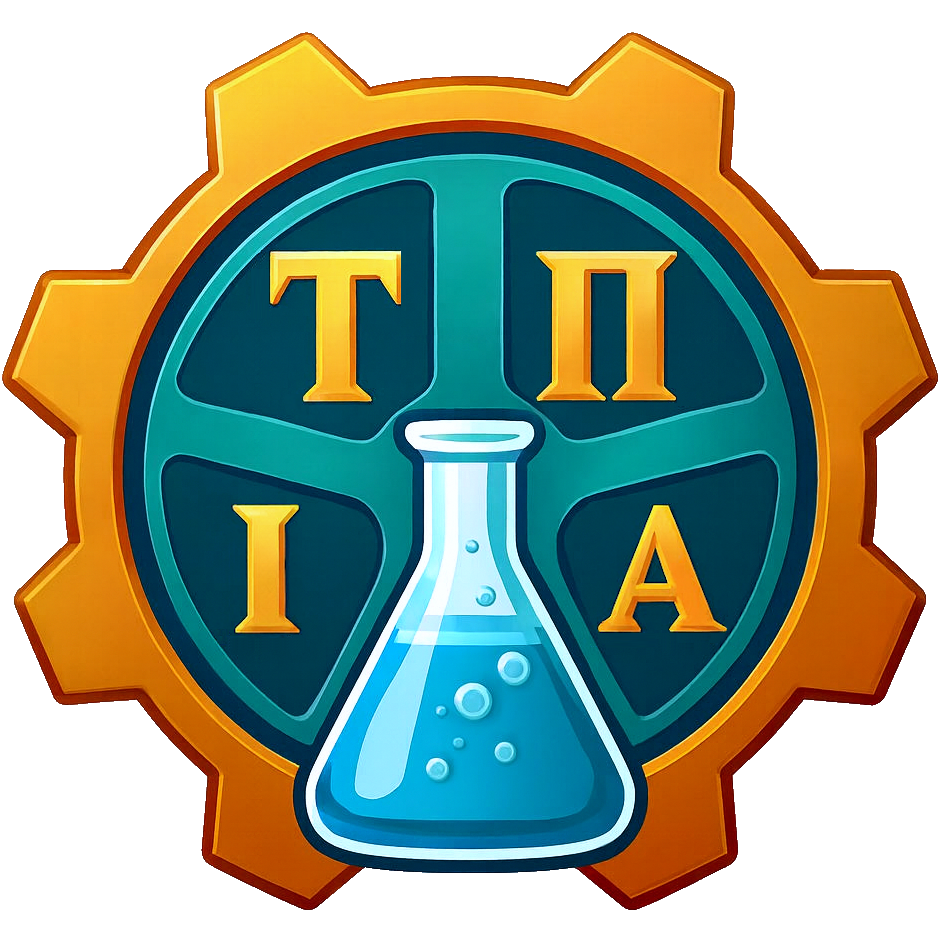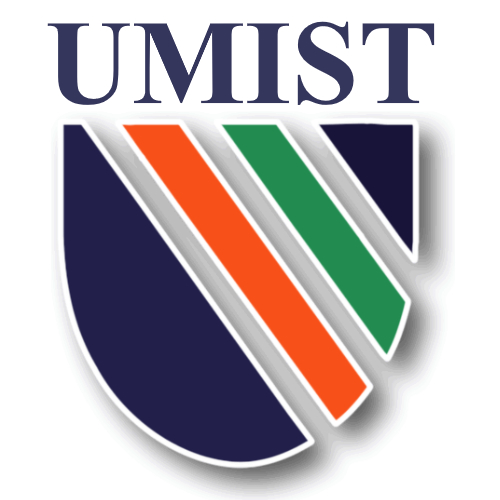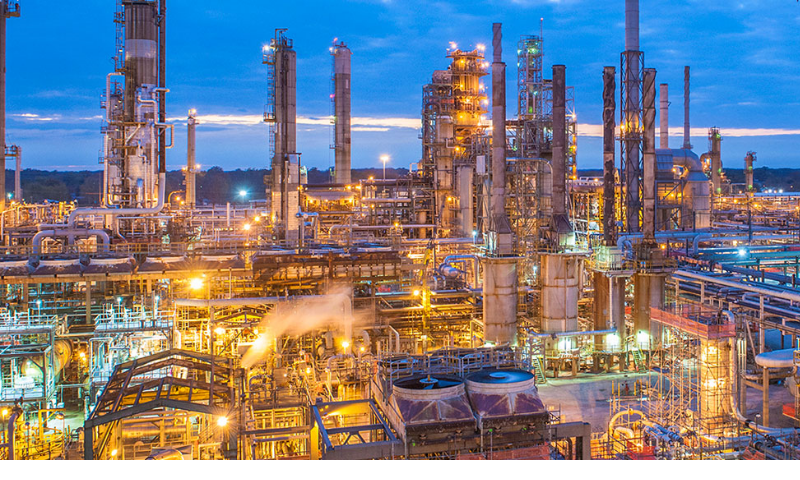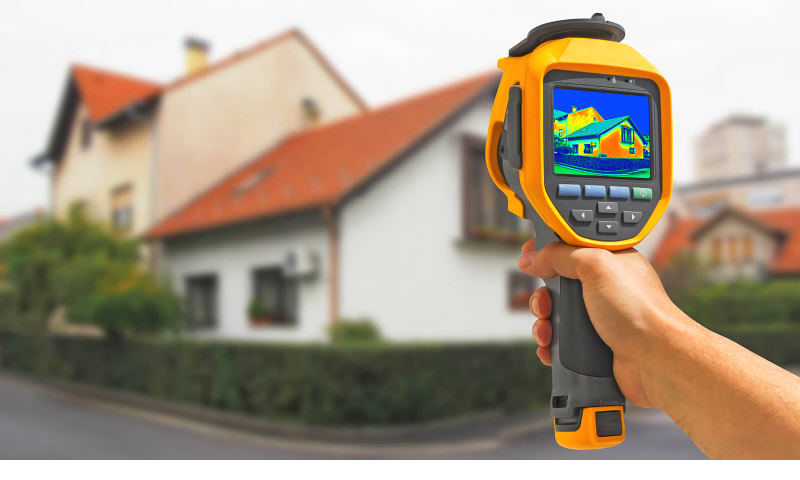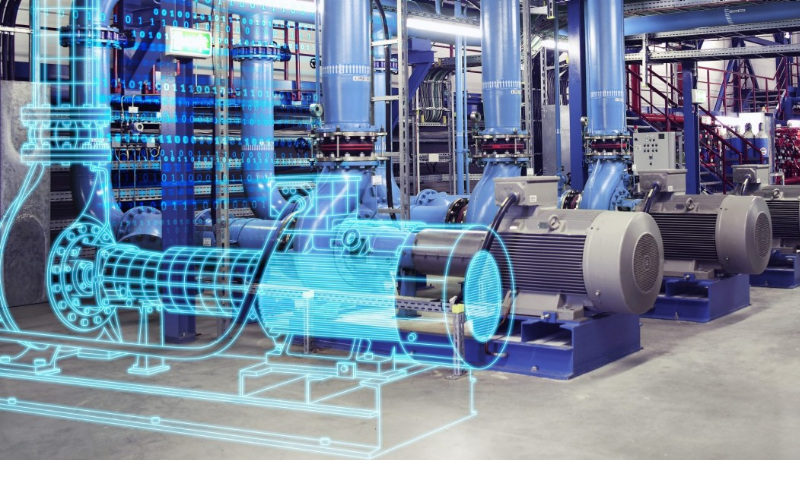The uniqueness of the programs that our students study today lies in their orientation to the European educational model.
The complex of disciplines in which the department trains specialists was developed jointly with UMIST and has no analogues in higher education institutions in Ukraine or the European Union.
The basis of the educational program is engineering-oriented disciplines that allow students to develop skills in designing energy-efficient industrial production and creating targeted software.
Our courses reveal the most modern and highly effective methods of optimal use of resources, which simultaneously help solve environmental protection problems.
In addition, we pay attention to studying methods for using secondary energy resources and non-traditional energy sources, we teach production energy management and personnel management, which allows us to ensure high efficiency of production operations.
